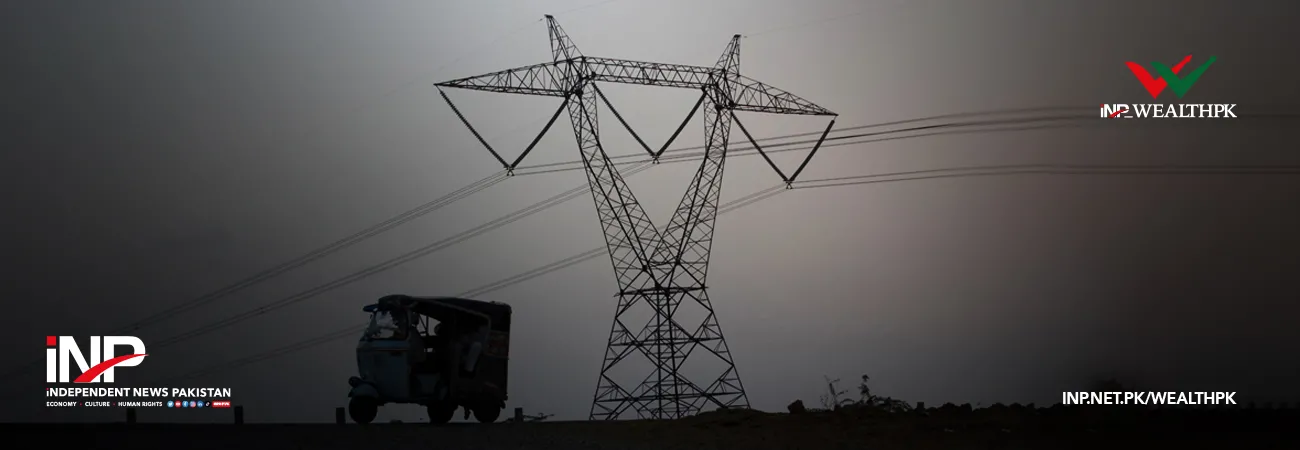آئی این پی ویلتھ پی کے
Amir Saeed

Pakistan’s power sector has long been plagued by inefficiency, ongoing losses, and unstable finances, thus necessitating the need for the sector’s privatisation and restructuring of its debt to turn it around. Talking to WealthPK, Tauseef Farooqi, former chairman of the National Electric Power Regulatory Authority (Nepra), the power sector’s regulator, said that privatisation of the power sector was crucial for fostering competition, improving operational effectiveness, and lessening the financial strain on the government. “State-owned companies in the country’s energy sector have historically experienced problems with bad management, corruption and inefficiency.” He pointed out that privatisation would introduce new resources, know-how, and creative approaches that are frequently absent in government-run entities.
“Private businesses would enhance customer service, streamline processes, and use better technology, which could result in a more reliable power supply and lower energy losses.” “Investors would provide funds to the sector, which can be utilised to expand the grid, enhance service quality, and upgrade infrastructure. In a country where infrastructure is aging and in dire need of upgradation, this infusion of capital is essential. Furthermore, private organisations are good at controlling operating expenses and meeting consumer needs, which can lead to more effective and efficient services.” Farooqi, however, highlighted that privatisation was not without its challenges. “Equity and access are issues, particularly in rural or underdeveloped areas, where private companies might be less likely to make investments. It is vital to ensure that privatisation does not result in higher energy bills for end users.”
The former Nepra chief suggested that strong regulatory frameworks were necessary to stop monopolistic behaviour and safeguard the interests of the broader public. “The need to ensure that all residents have access to reasonably priced power must be balanced with the government’s pursuit of efficiency.” Talking to WealthPK, Shah Jahan Mirza, Managing Director of the Private Power and Infrastructure Board (PPIB), said that owing to years of operational inefficiencies, poor management, and financial losses, the power sector was heavily indebted. “Due to financial limitations, this debt creates a vicious cycle that exacerbates existing inefficiencies and strains finances further by preventing investment in upgradation.” He explained that structural changes were necessary in the long run to ensure that the sector becomes financially viable. “This entails enhancing revenue collection, cutting down on losses, and implementing effective operational procedures.”
He pointed out that the effective execution of these methods was contingent upon robust governance and open procedures. “The issues facing the power sector are not only financial but also managerial. Mismanagement and corruption have been major roadblocks to progress.” Mirza suggested that to ensure accountability and stop financial mismanagement, any plan for privatisation or debt restructuring needs to be supported by stringent oversight procedures. “Gaining the public’s trust and support requires openness in the decision-making process and clear communication with stakeholders.” “Financial institutions and development partners could offer best practices, financial support, and technical help to steer the privatisation and debt restructuring processes. Their participation would help the reforms gain more traction and draw in more funding. The government must, however, make sure that this support advances sustainable development objectives and is in line with national interests.”
Credit: INP-WealthPk












